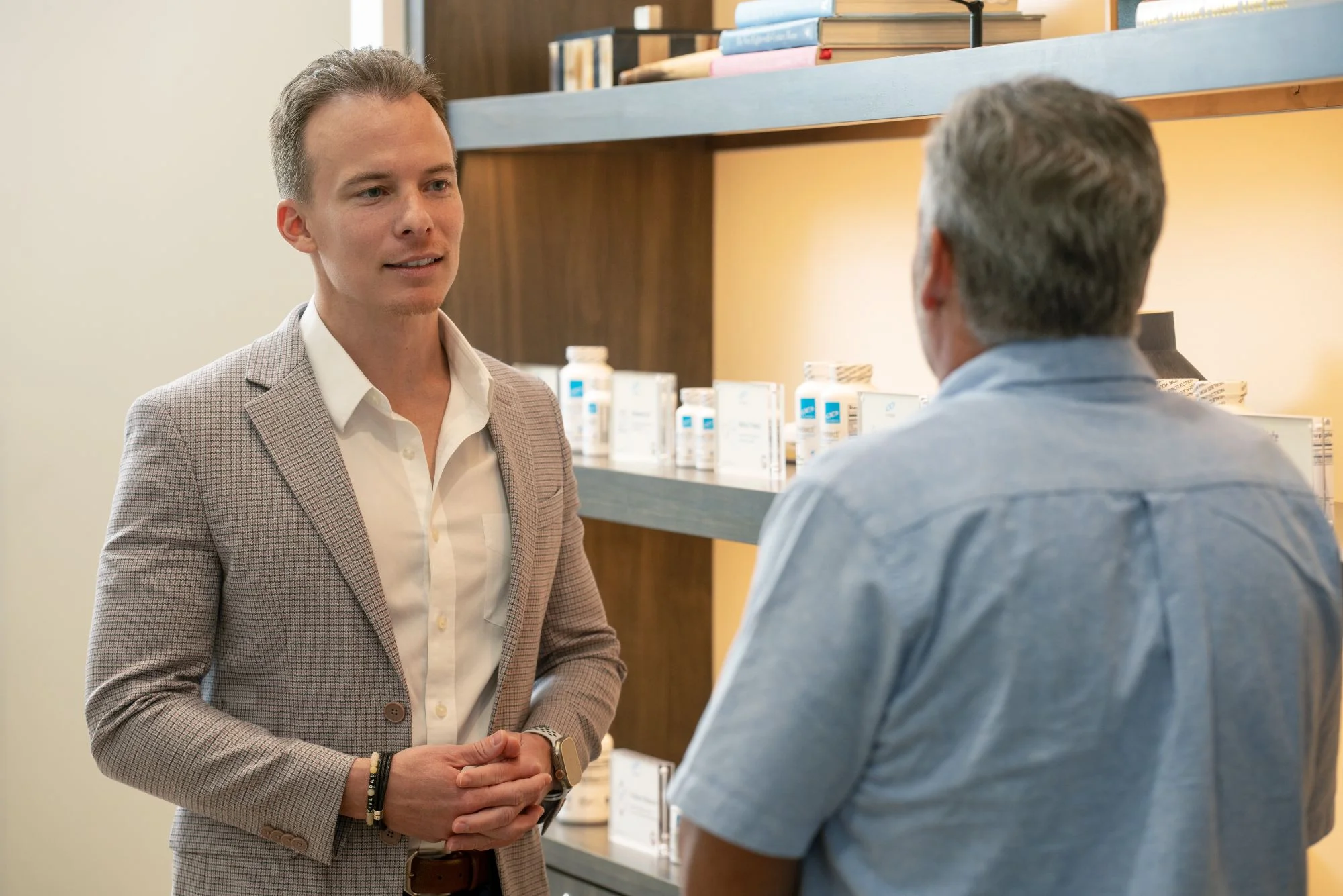
In almost every corner of the world, decision-making goes well beyond our classic formula of using experience, research, and in-your-gut hunches. Now, we’re seeing so many daily choices powered by technological tools that deliver data to us at a speed and scope that we’ve never experienced before: analytics.
We see it in sports: if the data tells coaches that there’s a higher chance of success when shooting from the left than from the right, that’s what the play will be. We see it in business: if the data shows that a company makes more profit when they reduce prices on Mondays, you can be sure the sales won’t happen on Thursdays. We see it in social media: if the data tells coffee shops that cappuccino photos get twice as many likes as cold-brew ones, your Instagram feed is going to have a lot more foam in it.
And it all makes sense: We use data—as well as the patterns and conclusions that come from it—to help us make informed choices that can improve our lives.
The same can also be said for wellness.
At Griffin Concierge Medical (GCM), we’ll always work to help you customize your approach to prevention, wellness, and medicine. Of course, we’ll use all our traditional tools—diagnostic testing, your medical history, your family history, your habits, and your goals. But we can also add another variable to the mix: genomics.
Simply, it works like this: Through artificial intelligence (AI) tools, your genome (that is, your entire genetic code) is matched against thousands and thousands of studies to make recommendations about what you can do to improve your health, as well as lower your risk of certain diseases and conditions. GCM has partnered with New Amsterdam Genomics to offer this testing.
This really works as next-level prevention because the customized recommendations are based on your unique genetic code, says Radley Griffin, M.D., GCM Founder and CEO. While this kind of work emerged about a decade ago, it took time for it to really have widespread application because the programming needed enough research to provide meaningful data. The point of this kind of testing, Dr. Griffin says: “Can we identify genetic cracks in the wall and offset them in some way?”
Is it Right for You?
Without question, many of us know some basics when it comes to prevention and overall wellness: Don’t smoke, get a solid amount of physical activity, and, yes, it’s generally better for you not to eat things that will leave artificial orange residue on your fingers.
Having healthy habits isn’t always as easy as simply understanding what you should do, of course, but knowledge is often the first step that leads to action.
Now, what if we take that base level of information and create a customized approach based on your genetic makeup? That’s something no human would be able to do—cross-referencing the thousands of medical studies available against your own genetic information. But that’s something that AI can.
For example, when Dr. Griffin took the test, he learned he had a genetic code that had an association with Parkinson’s disease. One of the recommendations he received: don’t consume a substance called taurine, which is associated with Parkinson’s (taurine was, in fact, in the pre-workout drinks that Dr. Griffin was having, so he cut them out).
Or the testing may show you have a predisposition to something that could call for diagnostic testing at an earlier age than would be normally recommended. In one case, a young man who had a thoracic aorta aneurysm (the same thing that caused the death of soccer journalist Grant Wahl in 2022) had it fixed at the Cleveland Clinic, which then recommended genetic testing as a follow-up. That test revealed a problem with collagen in the thoracic aorta, which was at the root of the problem. That, in turn, prompted his family to seek additional testing to determine their risk.
Another example: Let’s say you have a colonoscopy and it’s considered clean—no polyps, no indications of cancer or pre-cancer. Your gastroenterologist may then make the standard recommendation that you can have the test every 10 years. But what if your genetic code suggests something different—say, a higher predisposition for colon cancer? Maybe your screening recommendation changes to every five years instead.
That’s the kind of thing that you’d discuss in detail with your physician to determine your best course of action.
This genomics report shouldn’t be considered a fire alarm, but more like a thorough biological home inspection that provides additional information that can help you make decisions.
Dr. Griffin says that people often want the testing for a few common reasons—such as wanting more information to optimize their approach to prevention or following up on a family history of a condition to see what steps they could take to lower their risk. But that doesn’t mean that it’s right for everyone or in every case. For example, some people want to weigh the benefit of having certain information against possible negative effects. (Does daily anxiety for a predisposition to pancreatic cancer cause more harm than good?)
One of the challenges, Dr. Griffin says, is thinking about how you might use that information once you have it.
For example, Dr. Griffin loves coffee (he has a cold-brew keg in his office; he uses no added sugar, of course). While studies show that coffee is generally considered beneficial from a health standpoint, what would happen if his profile showed that he was at greater risk of arrhythmias or other ailments if he consumed a certain amount of coffee or caffeine?
“If my profile said I needed to lay off because of my genetic code, it would be hard for me to say that ‘my genes are telling me something and I’m not going to pay attention,’” he says.
Genomics Testing: What You Need to Know
Some important points you may want to consider before talking to your GCM physician:
- This is a one-time saliva test.
It takes about one month to get results, and you will meet with your doctor and a geneticist to review them. The test, which is not covered by insurance, includes an executive report, plus more specific information in a number of categories, such as risks, carrier status, ancestry, and more. The data is secure and not sold or available to any other parties except you and your physician.
- The results can suggest if you’re at risk of certain diseases (like cancer and Alzheimer’s), as well as make specific dietary and lifestyle recommendations based on your predispositions.
- Your recommendations can constantly change as new studies are continually added, so that the test constantly compares your code to evolving research.
When a change in recommendations occurs, you and your doctor are notified. The New Amsterdam analysis uses a full analysis of all 22,000 genes (compared to some other tests that may only use smaller samples of your DNA. “Currently they have 350,000 health-related findings in their data, and that number will continue to grow,” says Timothy J. Nobles, D.O., a board-certified family physician at GCM.
- It’s not just about major health issues.
It can also make recommendations for changing habits that can improve your quality of life. “If you have a tolerance issue with a certain food, for example, you may feel much better once you stop eating it,” Dr. Nobles says. “It’s like fine-tuning a car: when every component is the best it can be, the better the entire system works.”
To learn more, schedule a meeting with your GCM physician.



